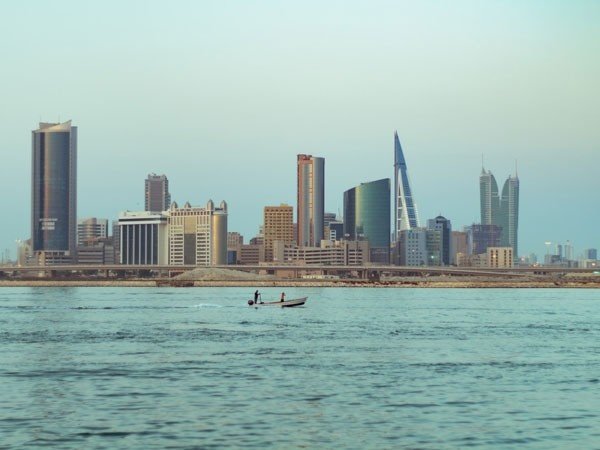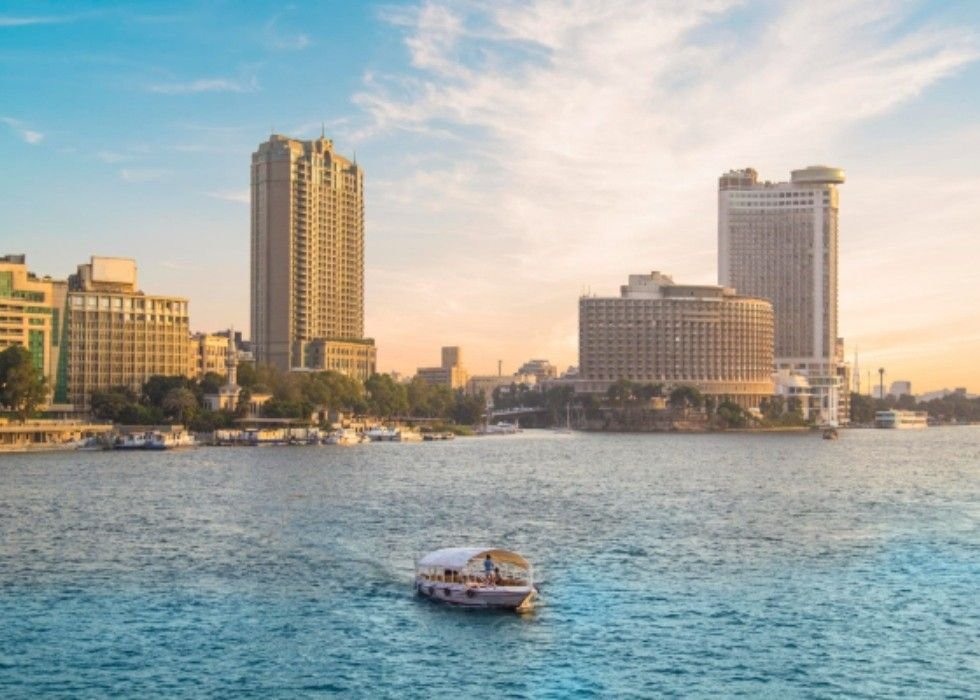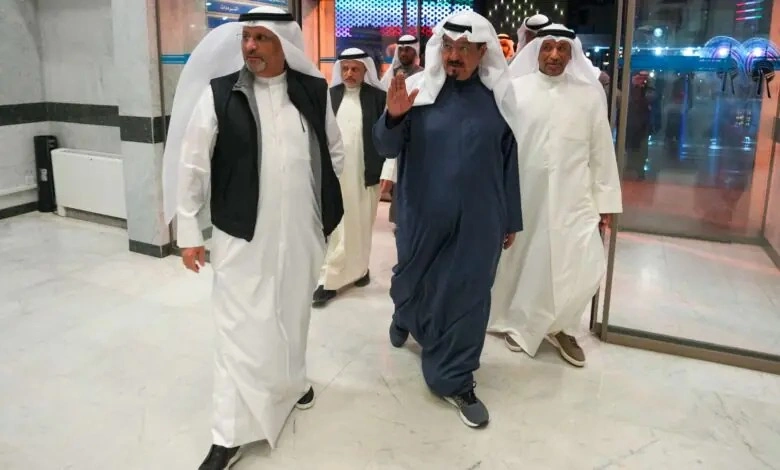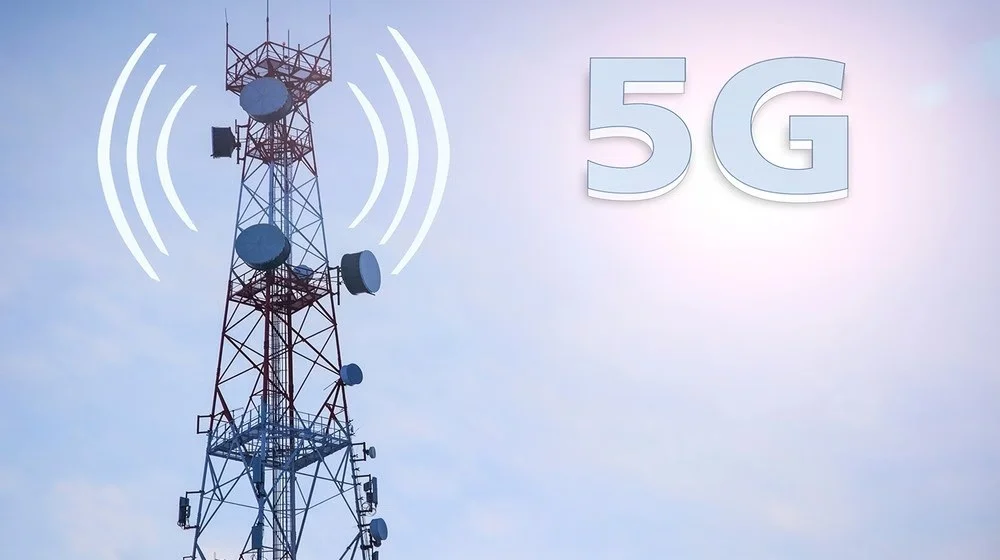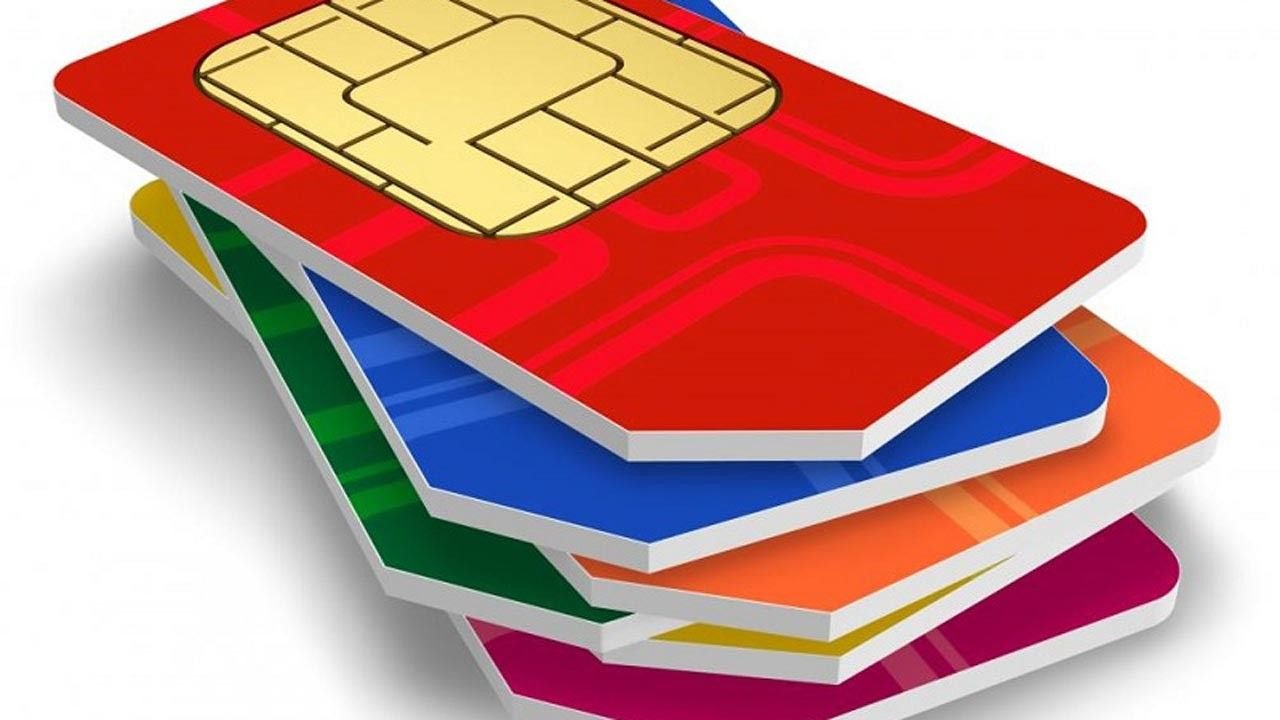Manama — The Telecommunications Regulatory Authority (TRA) of Bahrain has launched a public consultation on a landmark proposal to authorize satellite direct-to-device (D2D) services, paving the way for mobile phones to connect directly to satellites when outside terrestrial network coverage.
The initiative marks a major step in Bahrain’s ongoing strategy to position itself as a global leader in connectivity and digital innovation, ensuring that citizens, residents, and visitors have access to essential communication services at all times — even in the most remote areas or during network outages.
Seamless Mobile-to-Satellite Connectivity
Under the proposed framework, licensed mobile network operators (MNOs) in Bahrain would be able to partner with global satellite providers to offer D2D connectivity. The system would allow a standard mobile phone to automatically switch to a satellite network for emergency SMS, low-speed data, and later, voice services when terrestrial coverage is unavailable.
Bahrain already enjoys nationwide 4G and 5G coverage, but the TRA sees D2D services as a critical enhancement to its digital infrastructure.
“This new service will be transformative, especially for those working at sea or during potential network disruptions,” said Philip Marnick, General Director of the TRA. “It will strengthen maritime safety, support critical economic sectors, and enhance the reliability and resilience of Bahrain’s communications infrastructure.”
Regulatory Framework and Industry Input
The TRA has published a detailed consultation paper on its website outlining the proposed licensing framework and a draft schedule for integration within the Individual Mobile Telecommunications Licence (IMTL). The authority is inviting feedback from licensees, industry players, and the general public to refine the approach before formal adoption.
Global Context and Partnerships
Bahrain’s move aligns with the growing global trend toward hybrid terrestrial–satellite mobile networks, as major international operators like Starlink, AST SpaceMobile, Project Kuiper, and Lynk Global race to commercialize D2D connectivity.
Once implemented, Bahrain would become one of the first countries in the region to adopt a formal regulatory model for D2D services — a move that could make it a regional hub for next-generation satellite communications.











